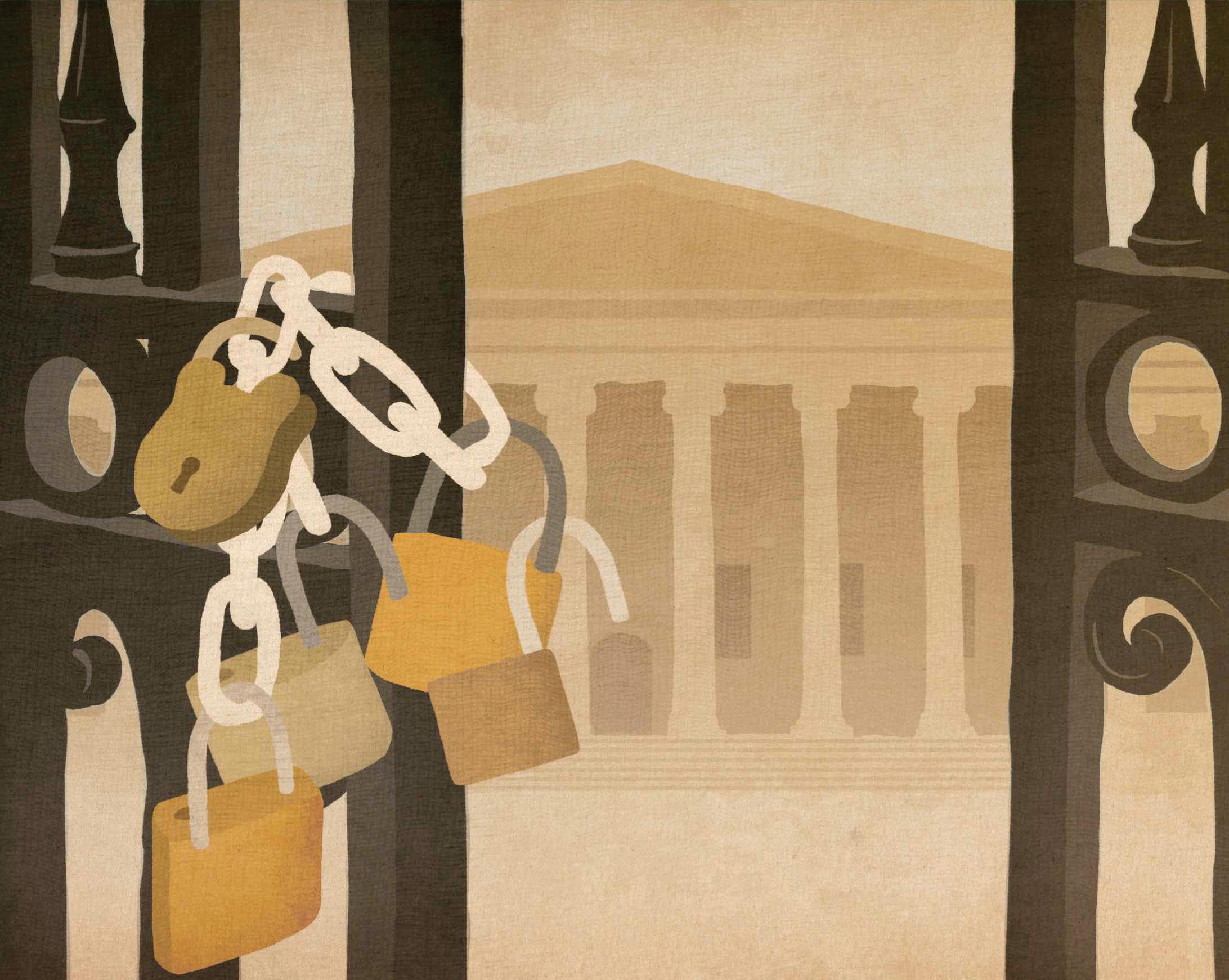Intentar ORO - Gratis
Who should decide the stories museums tell?
BBC History UK
|November 2025
Increasingly, museums are being challenged on how they select, display and interpret their collections. Six historians explain how these institutions can adapt to suit 21st-century audiences

"If museums truly want to be inclusive, they should tell the full life history of every object in their collection"
JUSTIN M JACOBS
It has become fashionable today for critics of major western museums to call for a 'reckoning' or 'coming to terms' with the imperialist and racist histories of some institutions.
This approach is rooted in the idea that, every time a museum chooses to tell a particular story, this story inevitably reflects the unconscious biases of the curators who tell it.
There's much to recommend this approach – but there's also a problem. Too often, institutions simply replace the bygone voices of long-dead white men with the present-day voices of people descended from the communities or nations that originally produced the artefact on display. But is this really a more inclusive approach?
Scholars who study the history of artefacts in museums are acutely aware that nearly every object on display has served different functions and had a different symbolic value down the years. In addition, many diverse peoples have owned or interacted with these objects. It follows that choosing to tell only a single story closely associated with present-day ideological agendas does a great disservice to the museum-going public.
Take the Parthenon (or Elgin) Marbles, for instance. Over the course of the past 2,000 years, they have played an integral role in embodying the political power and cultural beliefs of the ancient Athenians, Romans, Christians, Muslims, British and modern Greeks. Yet according to current intellectual fashions and political sympathies, only one of these stories is deemed legitimate: that promoted by the modern Greeks.
Esta historia es de la edición November 2025 de BBC History UK.
Suscríbete a Magzter GOLD para acceder a miles de historias premium seleccionadas y a más de 9000 revistas y periódicos.
¿Ya eres suscriptor? Iniciar sesión
MÁS HISTORIAS DE BBC History UK

BBC History UK
On the skids
Richard Rodgers and Oscar Hammerstein II's smash musical Oklahoma! opened on Broadway on 31 March 1943.
1 min
Christmas 2025

BBC History UK
Small pleasures
Memory is imperfect, but what if you could get a professional model maker to recreate a moment from the past?
1 min
Christmas 2025

BBC History UK
Bath in five places
In the Georgian era, Bath became arguably Britain's most fashionable destination. KIRSTEN ELLIOTT promenades five historic highlights
3 mins
Christmas 2025

BBC History UK
End times
Why do civilisations that dominated their epoch fail? In an era of autocracy, climate change, the rise of Al and a first-hand understanding of how deadly pandemics can be, it's a question that seems pertinent.
1 min
Christmas 2025

BBC History UK
What are the origins of the Yule Lads?
To learn about the Jólasveinar (Yule Lads), we must start with their mother, the terrifying ogress Grýla. Her name appeared in Icelandic texts as early as the 13th century, although it wasn’t until later that those 13 mischievous lads became associated with her. Folk tales and poems tell how she descends from the mountains with an empty sack to stuff full of children. Grýla owns the monstrous Jólaköttur (Yule Cat), which roams the countryside on Christmas Eve, searching for children to gobble up if they're not wearing new clothes.
1 mins
Christmas 2025

BBC History UK
Santa Claus v Father Christmas
The true identity of the white-bearded, red-robed figure who fills children's stockings at Christmas has long been debated. Thomas Ruys Smith sizes up the merry contenders
8 mins
Christmas 2025

BBC History UK
Frontier friction
Set in Washington Territory in 1854, The Abandons is a Western that's unusual for having two matriarchs, women whose lives become entangled, at its centre.
1 min
Christmas 2025

BBC History UK
The Last Days of Pompeii: The Immersive Experience
Delve into the culture of daily Roman life, witness the momentous eruption of Mount Vesuvius, and follow its fallout in Immerse LDN's new exhibition. In a blend of cutting-edge technology and vivid storytelling, this exhibition launches visitors into Pompeii's rich history with recreations of the ancient city's beautiful pre-eruption landscape, a 360-degree virtual reality Roman amphitheatre experience, and a digital metaverse recreating Pompeii's 'Villa of Mysteries'.
1 min
Christmas 2025

BBC History UK
Elizabeth Marsh The corsair's captive
Taken hostage by a Barbary ship's captain in the 18th century, a young Englishwoman found herself fighting for her freedom in Marrakech. ADAM NICHOLS introduces a brave captive who later wrote a book about her dramatic experiences
6 mins
Christmas 2025

BBC History UK
29 DECEMBER 1170: Thomas Becket is murdered in Canterbury
Knights loyal to Henry II rid him of the “low-born cleric”
2 mins
Christmas 2025
Listen
Translate
Change font size
